Of Ivory Toys and Poisoned Sweet Limes ? Memories of Partition 1947
The monsoon of 1947 ? it rained more blood and tears than rain that year. Colonel Swarup Lal Kapur, Retd., narrates poignant memories of the home he has never forgotten and a little box of ivory toys?memories that still come back to haunt him on pensive evenings. His daughter Anjum Kapur, plays them back for us.
Kadakni, the village of my father?s ancestral family home for generations, in the land that now lies across

the LoC, was a prosperous, fertile part of District Montgomery or ?Mintgummery?, as my imperious, Punjabi speaking Daadi (paternal grandmother) rolled off her richly accented tongue. Named after Sir Robert Montgomery, then Lieutenant Governor of Punjab, it is now a bustling town renamed Sahiwal and lies between Lahore and Multan.
They were one of the most progressive and prosperous families in the region. My grandfather was a tall, handsome, hard working and enterprising Punjabi landowner, Lala Amar Nath Kapur, who, legend has it, was known for his enterprise and large heartedness and owned many hundreds of quillas of land spread over many surrounding villages. He was admired and feared for his uprightness, his sharp sense of justice and an inherent sense of authority, which came naturally to successful, self made men, even in those times. Trusted by the local governing authorities, he had the honorary designation of Officer on Special Police Duty, to help solve local disputes.
They lived in a sprawling haveli, a large, bustling joint family ? the sons, daughters-in-law and grandchildren of Lala Barqat Rai Kapur, the abundant ones, which they were, literally and figuratively. My father, then about eight years old, remembers being escorted to school in a horse drawn tonga, one of the few in the village, along with his siblings and cousins; eleven young children of ages one to fifteen, growing up together in a bustling, affluent home. The ladies of the house had special, covered buggies to take them around, which were pulled by two horses.
The large kitchen churned out delicious, hot food for more than twenty people at each meal, including the household helpers. There was shikaar to be cooked and fresh produce from the land to be savoured. The family retainer, Saudagar, would ply the children with tall, peetal glasses of fresh, frothy milk from a barn full of cows, in the mornings before school. Life was good and happy and well, abundant.
My grandfather unfortunately passed away in the winter of 1946, due to a sudden, acute illness. My grandmother, a protected and cosseted wife and still quite young, was suddenly bereft and rendered alone to bring up five young children, fortuitously with the help of her husband?s younger brother and his family. Life became tougher but was still serene, given the catastrophe that lay in store for them just a few months away, in the summer of 1947.
There had been murmurings of a ?division? but nobody quite took it seriously. Surely they couldn?t be thrown out of their own homes and the lands of their ancestors, and at such short notice, if at all? The departure came suddenly when news of Hindus being slaughtered by the suddenly hostile local Muslim populace spread like wildfire. They loaded what they could, mostly utensils, bed linen and jewellery -the key domestic assets in most Punjabi homes ? in their tongas and left, still disbelieving and shocked. The security of the tongas and their minimal load of worldly assets was short-lived; they were snatched from them within a few hours of heading out, by the newly minted, hostile citizens of a newly minted nation. My father remembers clutching on to a small box of ivory toys, the only memory of a short lived, halcyon childhood.
They had now no option but to join a kaafila on foot, with thousands of others like them, little children, stunned adults and the weak and stooping old, suddenly uprooted, homeless and shell shocked. They were headed towards the nearest post of the arbitrary ?Radcliffe Line?, which decided the bloody fate of fifteen million people rendered homeless in that violent monsoon of 1947; it rained more blood and tears than rain that year.
The nearest post of the new country they were now stunned citizens of, was in Fazilka, about a 100 kilometers from where they started walking. My father remembers being hungry a lot, as they walked that seemingly endless distance, with frequent alarms of hostile and murderous attacks en route. The small box of ivory toys was found missing after one such restless night of fear and precarious uncertainty; the little eight-year-old boy in him still laments their loss.
Another poignant memory is that of a fruit orchard they stopped to rest at, with luscious sweet limes hanging low from the branches of glistening citrus trees, tempting the ravenous young children to reach out for them. He remembers being screamed at by the adults, forbidding him and other children from touching the fruit, after it was discovered that they were injected with poison and people were dying from consuming the juicy sweet limes (mosambis). I don?t think the shock and horror of that hungry, haunted night, of being surrounded by an orchard full of poisoned fruit and dying folk, has ever left him entirely.
They finally reached their destination, but not before they crossed a similar kaafila of hungry, hollow faces with vacant eyes, headed in the other direction, towards Qasoor. That kaafila had been visibly attacked earlier, this time by the locals on this side; the blood still hadn?t dried in their eyes and on their clothes.
?Laali akhiyaan di dasdi hai, roye assi vi, roye tussi vi?
(The redness in our eyes shows, that both of us have cried?)
It took many, many years of shifting base from relative to sometimes callous relative, of being granted uncultivable land in exchange of the lush, flourishing fields that they had left behind, of the once cosseted young siblings weeding out large expanses of thorny bushes from dry fields with their tiny, bare hands, before they began to start feeling they had a home, even if starkly different from the one they had left behind, though not quite.
Colonel Swarup Lal Kapur, Retd., and his daughter Anjum
My father Colonel Swarup Lal Kapur, went on to join the Indian Army and along with his family, rebuilt his life, like millions of others, with sheer hard work and the resilience of the human spirit. The void of abandoning a thriving home however, never quite got filled. The little box of ivory toys, the only token of a secure childhood, and the poisoned sweet limes, just out of reach of a hungry child, still come back to haunt him on pensive evenings.
Silver Talkies is collecting memories as part of its #NoFilterFlashback #MonthOfMemories throughout August. To read the complete series, click here: https://silvertalkies.com/category/community/memories-musings-community/
To contribute your own memories of life during partition or living in pre and post independent India, mail us on connect@silvertalkies.com
Comments

Krishna Roychowdhury
19 Aug, 2019
TWe feel very proud of you.What a touching description of a terrible and tragic incident that shook many lives on the western and eastern regions of India in 1946 and 1947 or beyond.Both Shankar Uncle and I have read the piece sent by you.Has it been published as a book? Krishna Auntie.

Silver Talkies
20 Aug, 2018
Dear Anjum, The reader hasn't shared her or his name with us. Silver Talkies team

Anjum Kapur
19 Aug, 2018
Thank you. Yes, that has remained their home deep in all their hearts...Ironic how politics can divide geographies, not memories and that indelible feeling of home, which remain vibrant and fresh, even seven decades later. Sorry, your name is not visible.

Anjum Kapur
17 Aug, 2018
That's so touching. Yes, even today when people from those parts meet each other for the first time, home is first stated as the place they hailed from seven decades ago, that they yearn to return to some day ( as does my father ) Sorry, your name is not visible ?

Anonymous
16 Aug, 2018
Anjum as usual you have written a brilliant piece .l grew up hearing almost similar anecdotes from my grandparents .My grandma lived to the ripe age of 96 and died believing that one day she will go back to her home ...

Anjum Kapur
15 Aug, 2018
Arun, Thank you. Conscious that this resonates in many hearts. Mrinalini, Thank you. Truly unspeakable, the horrors and the heartbreaks. Rahul, True. Colossal tumults like this indeed throw up the finest that the human spirit has to offer, ironically , so that generations may emulate them. Much like the holocaust. Tina, Thank you. Conscious these stories resonate in millions of homes. Preneet, Thank you. Indeed. They survived the tragedies, started over and then paved the way for us to thrive. Overwhems and confounds me. Each and every time.

Preneet Sihota Nag
14 Aug, 2018
Beautifully written...and so palpable, Anjum. What an unspeakably traumatic sequence of events our ancestors went through....

Tinaidnani@Hotmail.Com
14 Aug, 2018
Excellent article!! Brings back similar memories from my grandparents

Rahul Gupta
13 Aug, 2018
There were so many who were toched and torn by the partition. Your story tears in the fabric of memory and reminds us how fragile life is and how resillient we are.

Mrinalini Malik
13 Aug, 2018
Every story that comes out of those horror filled days is poignant in the extreme Anjum , what you narrated and what you have left unsaid both are equally heartbreaking. Salute to the resilient spirit of punjabi, they really are an extraordinary race.

Arun Bhatia
13 Aug, 2018
The story tugged my heartstrings. Well written. Many thanks for sharing your page in history.
You may like to read:
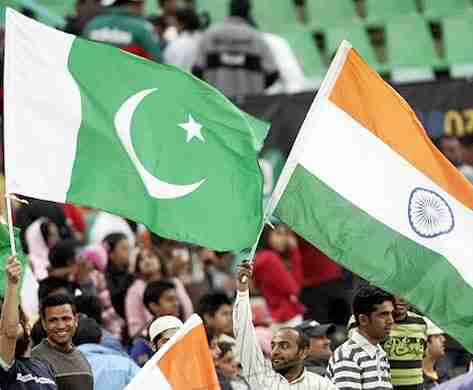
People and stories
Defying borders with Indian classical music: From Indian subcontinent to Ireland
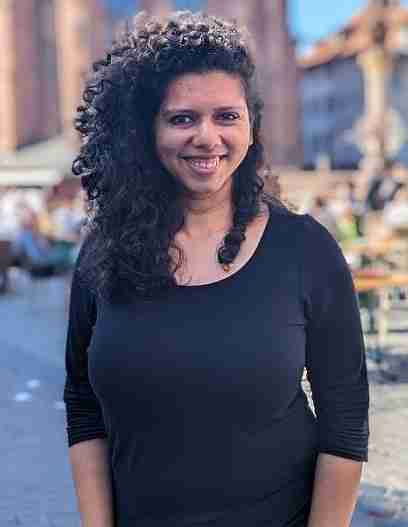
priyanka borpujari
11 mins read
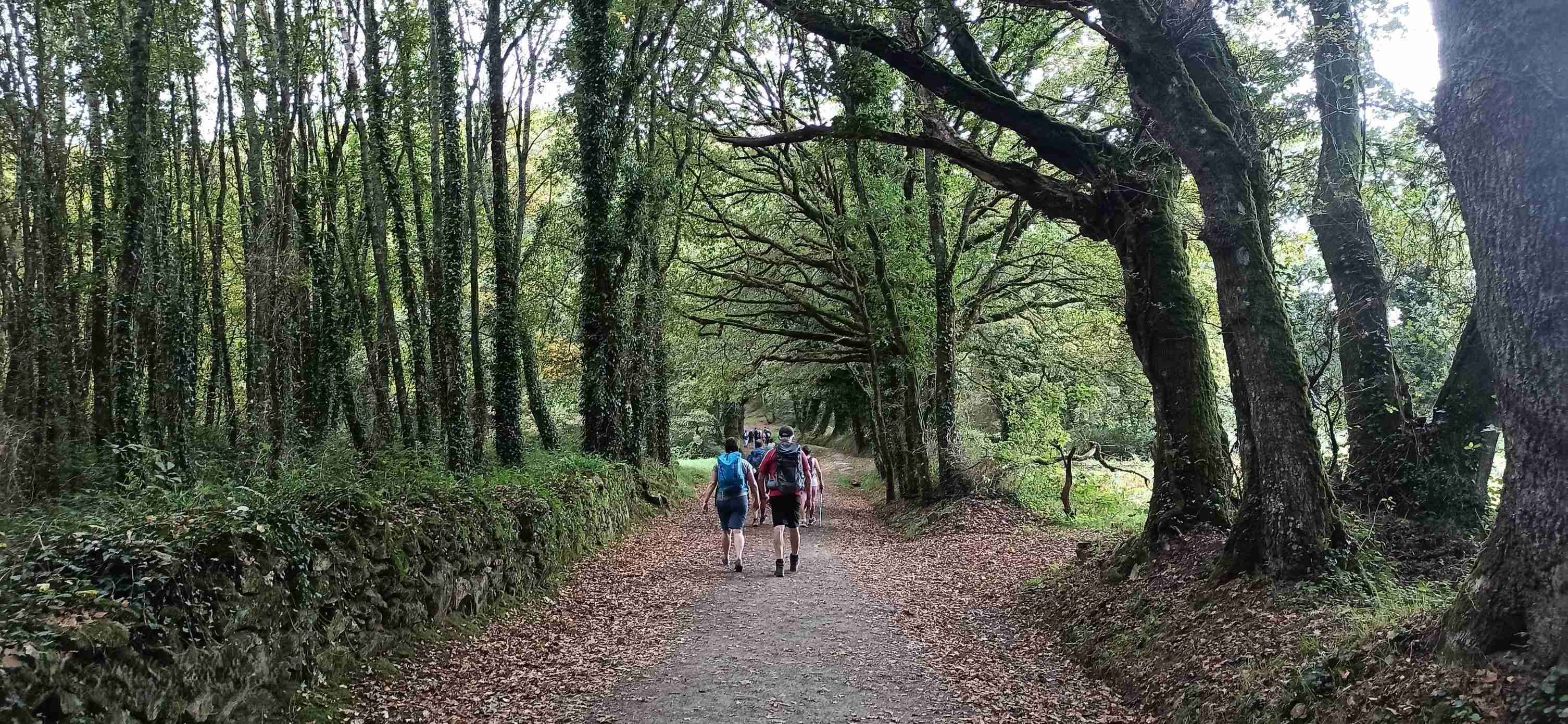
People and stories
Age is Just a Number While Walking 120 kms on Camino De Santiago
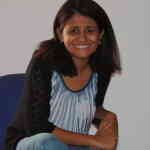
Reshmi Chakraborty
10 mins read

People and stories
Breakfast Serial: Serendipitous breakfasts that would appeal to a king
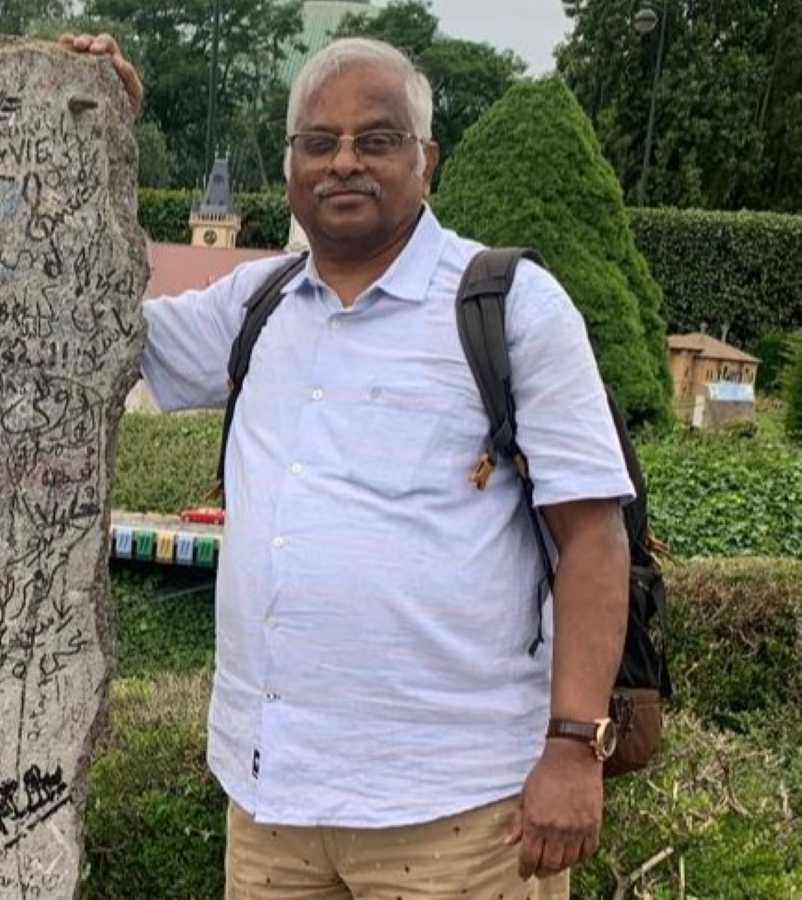
ramesh mohanrangam
5 mins read

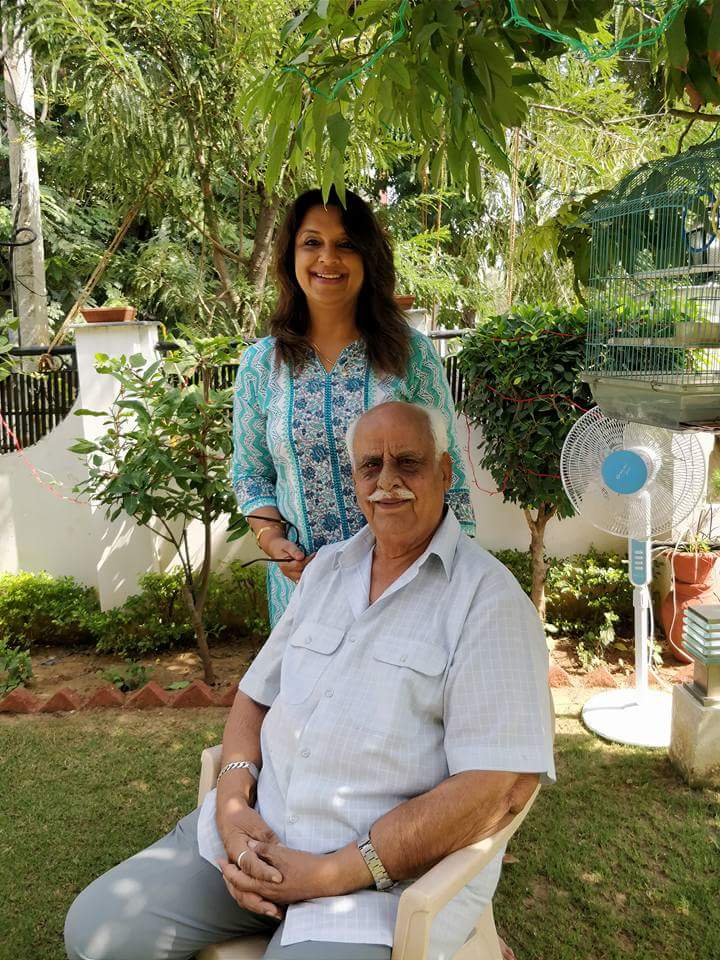
Post a comment